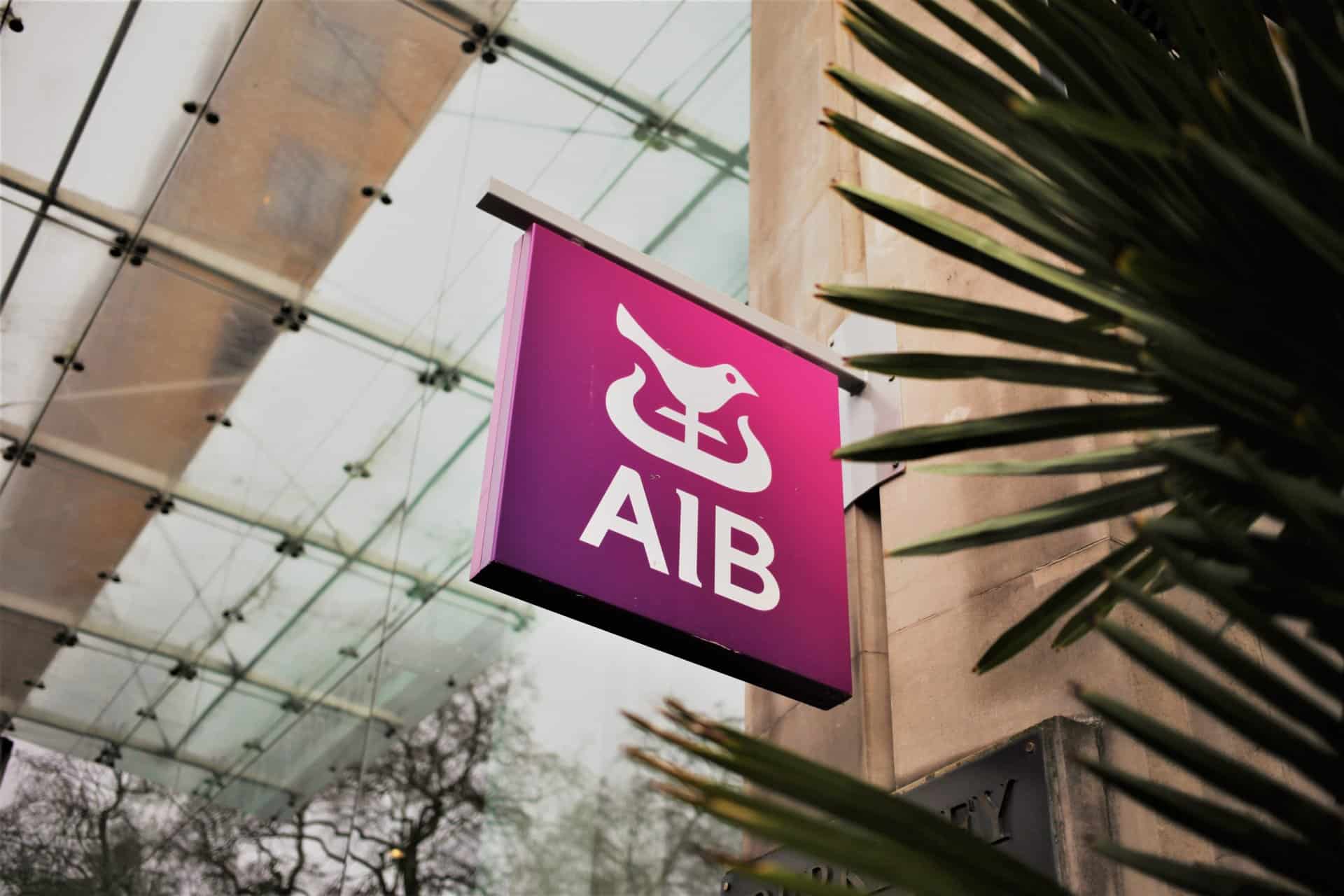
![]()
AIB has warned of a new wave of investment scams targeting Irish customers.
Most investment scams bear similar hallmarks with minor variations.
The scammers assume the identity of genuine bank and financial services staff, using their real names and job titles, to build trust with their victims.
They may also provide sophisticated brochures and materials that appear legitimate.
After the person fills out all the relevant “documents,” they are asked to transfer their money to an account which they later realise does not belong to the financial services firm and their money has been stolen.
This often happens under a degree of time pressure, “to get the best rate of return,” AIB said.
Some of these scams also attempt to defraud customers seeking to invest in crypto currencies.
“Investment scams can be very distressing for people as they often take place after much consideration and involve significant amounts of money, in some cases, people’s life savings,” said Carol Lawton, AIB head of financial crime
AIB urges people to:
- Ensure you verify the contact details by checking the official company's website.
- Do not call the number provided on the email. Search and confirm the phone number using the bank’s website.
- Cross reference email addresses to ensure they are aligned with the format of the firms existing email addresses as shown on their website.
- Ensure any website you use is secure and genuine by checking for the padlock symbol to the left of the web address and if it’s not there, beware.
- Check the advisor out, look them up to see if their business exists by ensuring their office location and telephone number are genuine.
- Call your bank before you make the payment and ask them to check the transaction and beneficiary account. This one call could save your money from being stolen by fraudsters.
- Check the Central Bank's consumer hub and its list of unauthorised firms for guidance on how to protect yourself from financial scams. Simply enter "search for unauthorised firms" on centralbank.ie.
- Always seek investment advice from a regulated financial advisor even when recommendations are made by people you trusted, such as family or friends.